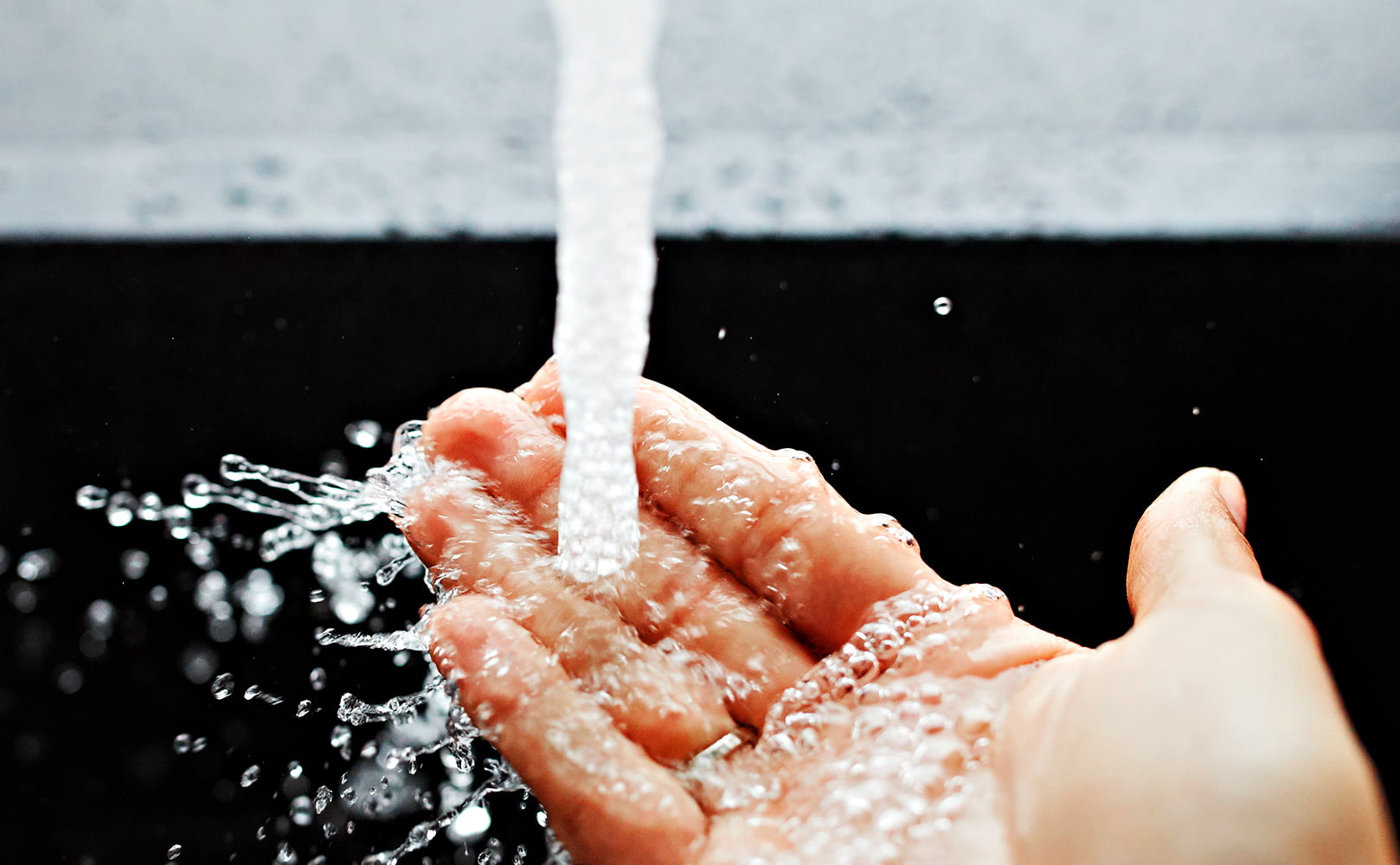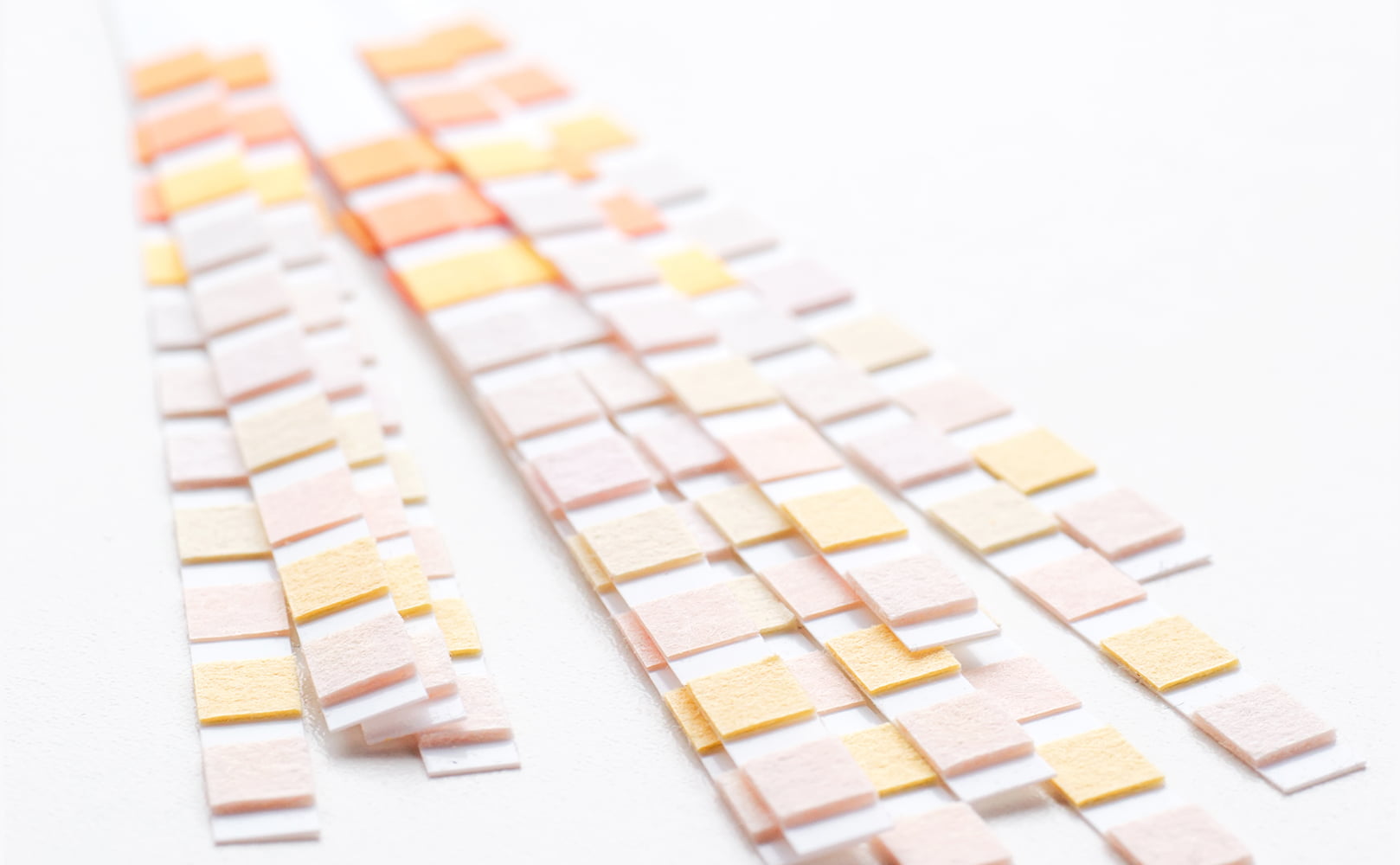Do Faucet Water Filters Remove Lead?
Written by: Gene Fitzgerald // Last Updated: Jan 4, 2023
This page may contain affiliate links. If you buy a product or service through such a link we earn a commission at no extra cost to you. Learn more.
Over 9 million homes in the US still get water supplied from lead pipes. Lead is one of the most toxic chemicals in water, and it has severe health implications.
Faucet water filters are convenient for removing common contaminants in drinking water, but do they also remove lead?
This article will teach you all you need to know about faucet water filters and lead removal. We’ll also give you other tips on dealing with lead in your water supply.
Key Takeaways
- Yes, faucet water filters can remove lead but only if they use the right filter media or filtering process.
- Faucet water filters that remove lead are based on activated carbon.
- Note: Carbon filters are not heat resistant and should not be used on hot water faucets.
Do Faucet Water Filters Remove Lead?
Yes, faucet water filters remove lead, but only if they use the right filter media or filtering process.
Simply put, there are different types of faucet filters. Some can remove lead, while others can’t.
How Do Faucet Filters Remove Lead?
Most faucet water filters that remove lead use activated carbon media. Activated carbon filters out lead via adsorption. The lead particles get stuck on the carbon’s surface, and only clean water passes through.
Faucet filters don’t operate with electricity. Instead, they use water pressure. They work best when your water pressure is high enough (between 45 and 55 psi). If your pressure is too low, you can increase it using booster pumps or by turning up the pressure on the valve connected to the main water supply.
Also, carbon filters are not heat resistant, so you can’t use them on hot water faucets.
Use The Right Kind of Faucet Filter!
As mentioned before, it’s not enough to get a faucet water filter – you need to get the right kind. The best ones for removing lead use activated carbon.
They should also have an NSF/ANSI 53 certification. A standard 53-certified faucet water filter can reduce the lead in water to as low as 5 ppb.
Which Faucet Filters Remove Lead?
Again, NSF 53 certified faucet filters that use activated carbon as filtering media can remove lead from water. We’ve made a list of different brands that you can choose from.
Brands of Faucet Filters That Remove Lead
1. Brita Faucet Water Filters
Brita faucet filters are certified against NSF standard 53 for 99.5% lead reduction.
The flow rate is about 0.58 gallons per minute, which is reasonably fast. You can filter about 100 gallons before you have to change the filter cartridge.
If you can’t keep up with how many gallons you’ve filtered, there’s no need to worry. The cartridges have indicators that tell you that they’re due for replacement. No plumbing is required to replace them either; it is easy and quick to fix.
2. PUR Faucet Water Filters
PUR is another brand offering faucet water filters certified for lead removal (99.3%). Like Brita, they have a filter life of around 100 gallons with a flow rate of 0.53 gpm, and also have indicators that let you know when it’s time for a filter replacement.
3. iSpring Faucet Water Filters
If you’re looking for a faucet filter with a longer filter life and want to save some cost on cartridges, the iSpring is a great option. It can filter up to 500 gallons of water and you only have to change the cartridges every 6-8 months.
Other pros: Fast flow rate of 1.5 gallons per minute and 98% lead removal from water.
However, the cartridges have no indicator, so it’s challenging to know when to replace them. You can set a date on your calendar to remind you.
4. Culligan
Culligan filters are a good option too. They have a filter life of about 200 gallons of water and a flow rate of 0.15 gallons per minute. A Culligan faucet filter removes 98% of lead from water.
5. Waterdrop Faucet Filters
Waterdrop faucet filters are good but not your best option when it comes to removing lead.
They are NFS-certified but only against standard 42 and 372. Thus, using a Waterdrop faucet water filter does not guarantee that your water will be lead-free.
On the plus side, you get a filter life of about 300 gallons and a flow rate of 0.5 gallons per minute.
6. DuPont
DuPont is a great brand for faucet-mounted lead water filters.
They are NSF-certified, remove about 97% of lead from your water, and have a flow rate of 0.45 gallons per minute.
Remember to Replace Old Filters
Most faucet filters have filter lives of 100-300 gallons (about 3-6 months), after which you’d have to replace them. Some have indicators that make your job easy, so there is no hassle in figuring out when to replace.
However, if your filter has no indicators or if the indicator goes bad, you’ll need to set a calendar reminder.
Always replace your old water filters at the right time to avoid putting yourself at risk for lead poisoning.
How Does Lead Contaminate Water?
Lead can contaminate your water in several ways.
- The most significant cause of lead-contaminated water is lead service lines. Service lines are pipes that connect the water in your home to the public water supply.
- Also, homes built before 1986 when lead pipes were banned will likely still have them as part of their internal plumbing system.
When lead pipes start to get old and worn out, or when they come in contact with acidic water, lead can leach into your water.
Other lead contamination sources include: copper pipes with lead solder, lead-containing fixtures, galvanized pipes, and lead goosenecks.
How Can I Test for Lead Water?
There are many easy ways to test for lead in your water. You can try any of these options:
- Use a certified lab
Taking a sample of your water to a lab to get it tested is probably one of the best options available because you are sure of 100% accuracy. Not all labs are certified to test your water, so be sure that the lab you visit is accredited by the EPA. You can check the EPA’s website for a list of labs close to you. Alternatively, you can call their safe drinking water hotline.
- Request your water quality report
You can always contact your local water supplier for a water quality report. The EPA demands that water utilities test their water and share these reports with the users. This report is free and has to be procured on an annual basis. The reports contain a list of all the contaminants in your water and their respective concentrations.
- Contact a water treatment company
Another way to test your water is by using a water treatment company. They usually offer to do it for free for their potential customers.
- Use a DIY lead test kit
DIY lead test kits are simple, affordable, and 100% accurate. A test kit goes for around $20-50 and comes with an easy guide on how to use it. So you can test for lead in water in the comfort of your home.
Is Lead in Your Drinking Water a Health Risk?
Lead, even in small quantities, causes harmful effects on your body. It’s even worse when consumed continuously over time. Consuming even small amounts of lead over a long period can lead to some of these health problems:
- Kidney failure
- Cardiovascular diseases
- Memory loss
- Weight loss and slow growth in children
- Hearing loss
- Hypertension
- Cancer
If you have any thoughts about the question, do faucet water filters remove lead, please don’t hesitate to leave a comment below!
Information provided on BOS is for educational purposes only. The products and services we review may not be right for your individual circumstances.
We adhere to strict editorial guidelines. Rest assured, the opinions expressed have not been provided, reviewed, or otherwise endorsed by our partners – they are unbiased, independent, and the author’s alone. Our licensed experts fact-check all content for accuracy. It is accurate as of the date posted and to the best of our knowledge.



